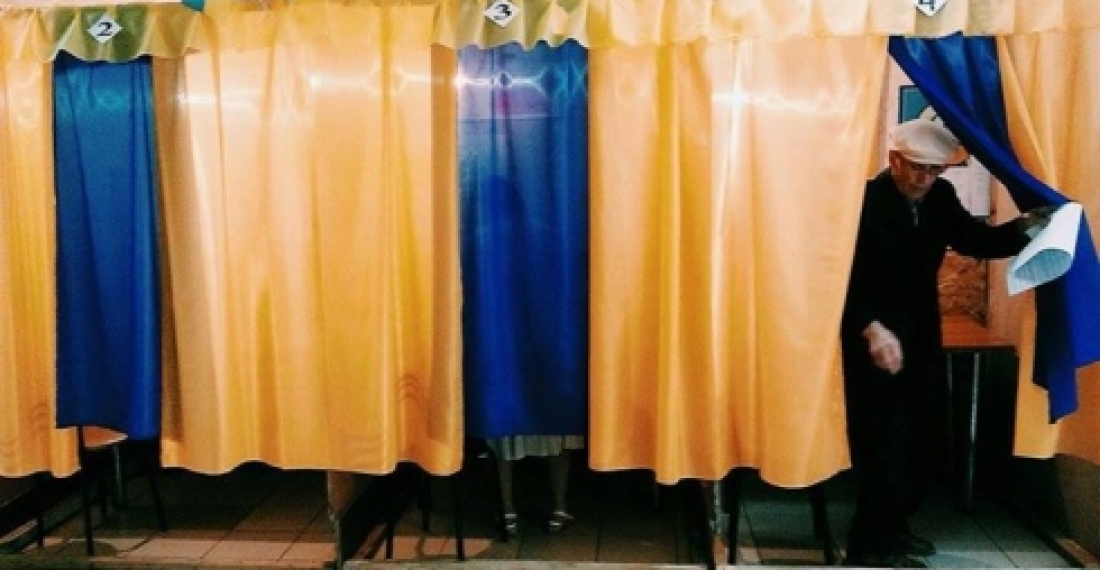The people of Ukraine are voting today to elect a new President after months of political turmoil that saw the peaceful overthrow of a corrupt and divisive government, and external attempts to distabilise and dismember the country.
That this election is taking place at all is already a victory for Ukraine. Many feared that chaos and economic collapse will overwhelm the country after the tense stanff-off of last February. It has not, and in most of Ukraine the election campaign proceeded freely and normally, and voting is taking place calmly. The electorate has a choice between a raft of candidates representing a broad spectrum of opinion. It is likely that a second round of voting will be necessary if no candidate secures 50% of the votes cast. In that case a second round will take place on 15 June.
Voters will not be going to the polls in Crimea. This region of Ukraine has now been annexed by Russia in an arrogant land-grab that challenged the established and agreed rules of international relations. The world has rightly condemned Russian annexation of Crimea, and whilst Russia remains defiant of its actions it is clear that it is also apprehensive of their consequences. Russia is sulking, and its leadership accusing Europe and the US of trying to isolate it in the world, but this is a situation of its own making, and it must itself now find a solution to it.
It is also likely that many voters in the Ukrainian eastern regions of Donetsk and Lugansk will not be able to participate in today's election. The armed gangs who have over the last weeks tried to seize power in these regions, and who yesterday announced that they were creating a new country called Novorossiya from the territory of these two regions, have long made it clear that they will do everything to disrupt today's poll. This will be a dent on the election process but will not reduce in any way the legitimacy of the process. Russia's hand can also be seen clearly in the events in Eastern Ukraine, even if it has so far stopped short of a direct intervention.
In Ukraine today the dignity of the ballot box will defeat the barrel of the gun. This in itself brings Ukraine much closer to Europe. The process of building a modern, successful and democratic state in Ukraine can now start in earnest.
Russia thought that it saw an opportunity in Ukraine's troubles over the last months. But in fact Ukraine shames Russia. Not least by the fact that despite all adversity it is able to conduct a free and fair election.
This is a commentary prepared by the editorial team of commonspace.eu.
photo: Voters cast their vote in the Presidential Elections in Ukraine on 25 May (picture courtesy of Kyiv Post).







